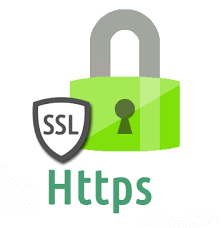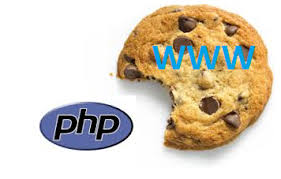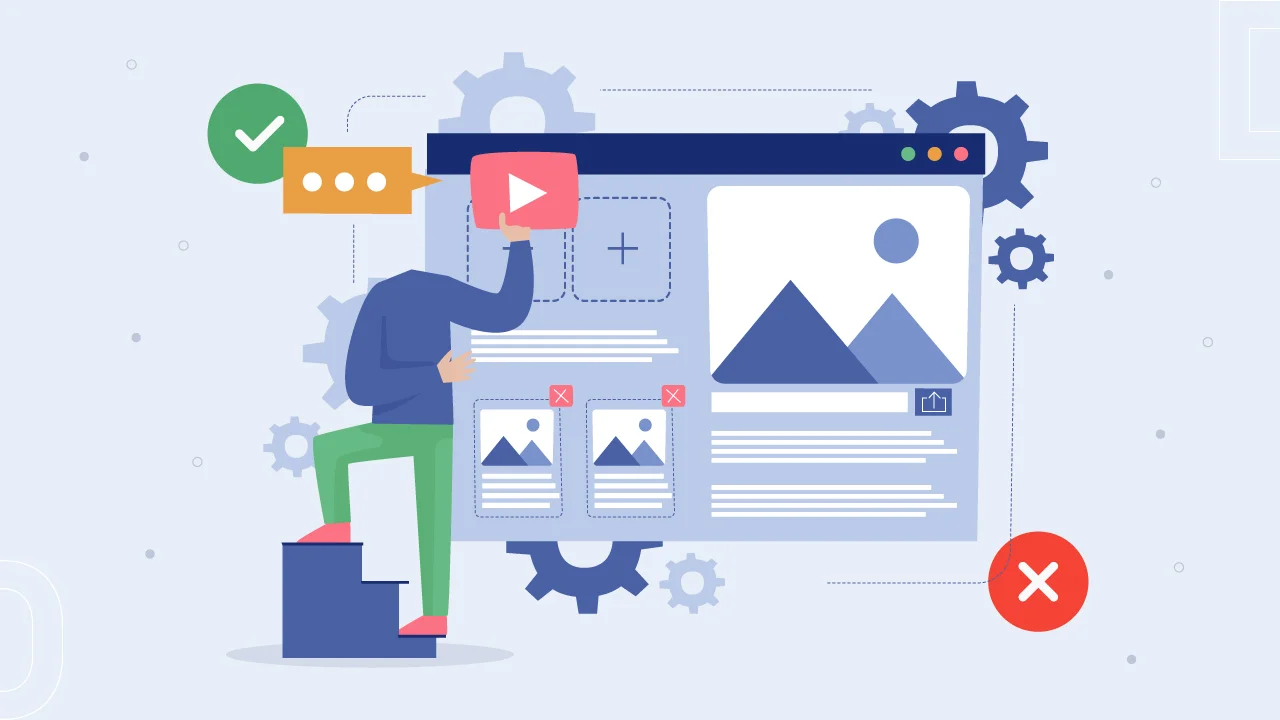Every day thousands of websites launches, and every website owner has big but common concerns: security and performance of the website. Search engines recommends securing websites, especially when it comes to personal information of users and payment gateway for the e-commerce transactions. Yes, https is almost a requirement when you’re collecting information or displaying confidential information. Leading search engines will penalize if your website is not https.
How to Find the Right Content Management System for Your Healthcare Enterprise
Selecting the right healthcare Content Management System (CMS) is crucial for effective data management and enhanced patient care. A suitable…





